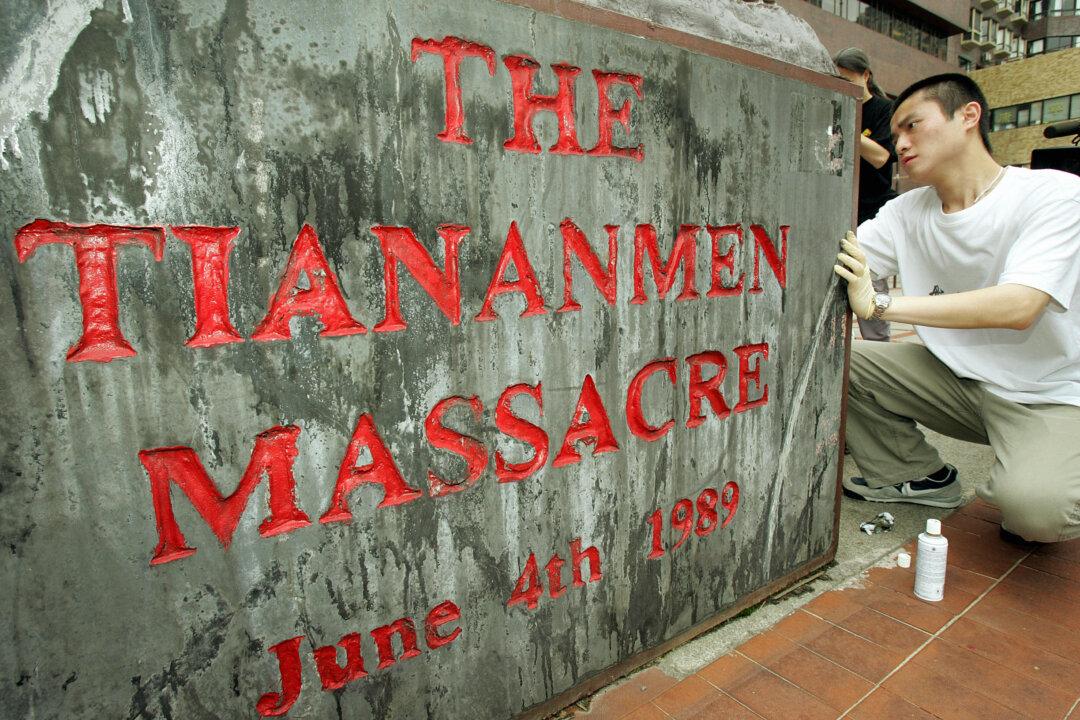The world’s first, and only, museum dedicated to commemorating the 1989 Tiananmen massacre of pro-democracy students in Beijing saw its final visitors stream through the doors on July 11, 2016.
Established in 2014, the June 4th Museum in Hong Kong’s prosperous commercial sector of Tsim Sha Tsui received 24,256 visitors in its 1,375 sq ft. space — an average of around 40 people every weekday. The popularity of the museum, however, did not sit well with the building committee, or whoever was putting them under pressure behind the scenes.
The museum’s sponsor, the Hong Kong Alliance in Support of Patriotic Democratic Movements of China, one of the oldest pro-democracy groups in the city, said that the building committee was giving them a hard time.
“The June 4th Museum has been constantly harassed by lawsuits from the owner’s corporation of Foo Hoo Centre,” reads the closure notice on the museum website. The building owners also demanded that visitors register their identity, and complained about the high traffic from incoming museum visitors for “disturbing the function of elevator,” among other complaints.
“The Hong Kong Alliance has decided to sell the current property to avoid further litigation or interference, and to look for a larger space to rebuild the Museum,” the notice said.
The Alliance believes that the harassment was politically motivated. Stanly Chau Kwok-chiu, the chairman of the corporation, “has connections with the mainland,” the Alliance wrote in a Facebook message to an Epoch Times reporter. Other tenants were not forced to report their visitors, for instance.
The June Fourth pro-democracy movement, initiated by students in 1989, ended in a bloody crackdown that killed hundreds, if not thousands. China has been censoring the mention of the massacre ever since, surveilling and arresting victims and activists who speak out. The human rights activist Chen Yunfei, for instance, is facing trial for visiting the graves of Tiananmen victims.
The Alliance does not see the closure as the end of its struggle. It plans to move the exhibits, including a helmet with a bullet hole, death certificates, and black-and-white photographs, to a larger area in its new yet-to-be-determined location. The alliance is raising HK$3 million ($386,000) through selling the current location, and crowdfunding.
“Although the closure of this museum at this particular venue is permanent, I can assure you a new museum will soon be reopened, hopefully within one year,” said Albert Ho Chun-yan, chairman of the Alliance, in an interview with AFP.
Many visitors hurried over to get a final glimpse before the shutdown on July 11. Mr. Leung, who has participated in vigils on June 4 since 1989, teared up as he recalled the brutal Tiananmen crackdown. “I am familiar with everything in the museum,” he told Apple Daily. “It is such a shame—the June 4th Museum is a record of history and should be kept.”





